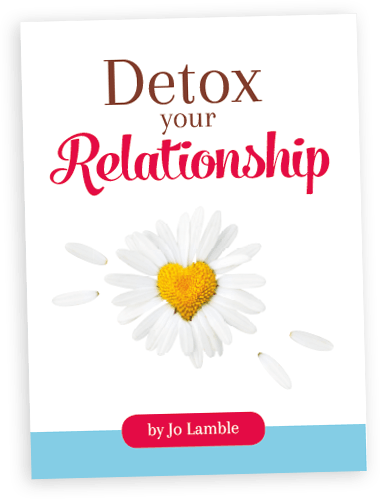 Children learn to talk when they hear their parents speak. We mostly use age appropriate language with our kids. But sometimes, using words that are beyond their years really comes in handy.
Children learn to talk when they hear their parents speak. We mostly use age appropriate language with our kids. But sometimes, using words that are beyond their years really comes in handy.
Let’s start with those toddlers. If a young child is having a tantrum because they wanted the red cup instead of the blue cup, then labelling their frustration helps to arrest the tantrum. Picture this – your child is screaming and has pushed over the cup, sending its contents flying. Instead of yelling back, ignoring them, or dishing out a punishment, imagine saying something like: I can see that you’re frustrated about something. I’d like to help, but I’ll need you to use your words and tell me what’s going on. Really young kids won’t know what the word frustration means, but that won’t stop them applying the word to the emotion that they’re feeling. Use the word often enough and they’ll soon begin to parrot you: I’m frustrated that you gave me the wrong cup/you won’t let me have ice cream/ he stole my toy etc.
Now when it comes to tweens – the 9-12 year olds who definitely know the meaning of the word frustration, I like to use the word “intense.” When they are hassling their sibling, or bossing a friend, or not helping you to understand what’s going on for them, it’s good to say something along the lines of: Hey, this is all sounding so intense. Do you want to let us know what’s going on? They will get to understand that the word intense can mean being strong and forceful. They will start to realise from your comments that it can be hard to relate to a person who is being very intense.
And lastly, for the teens. They hate to be called immature and quite rightly so. Instead of using harmful labels, it can be really helpful to talk in terms of whether or not they have developed “insight.” Once again, it’s a word that most adolescents would not use in their day-to-day lives, so it’s perfect for parents to use for the purpose of shaping behaviour. If a teen acts out but then regrets having made a poor decision, we can give them a way to save face by saying: It’s okay, you’re not supposed to have the insight to know the consequences of all your choices. Hopefully this experience will increase your level of insight and you won’t make the same mistake again. At other times, you can comment on the fact that they seem to be starting to understand themselves and are demonstrating some good insight.
So generally speaking, not only can we increase our children’s vocabulary by using words beyond their years, but we can be teaching them so much more.







